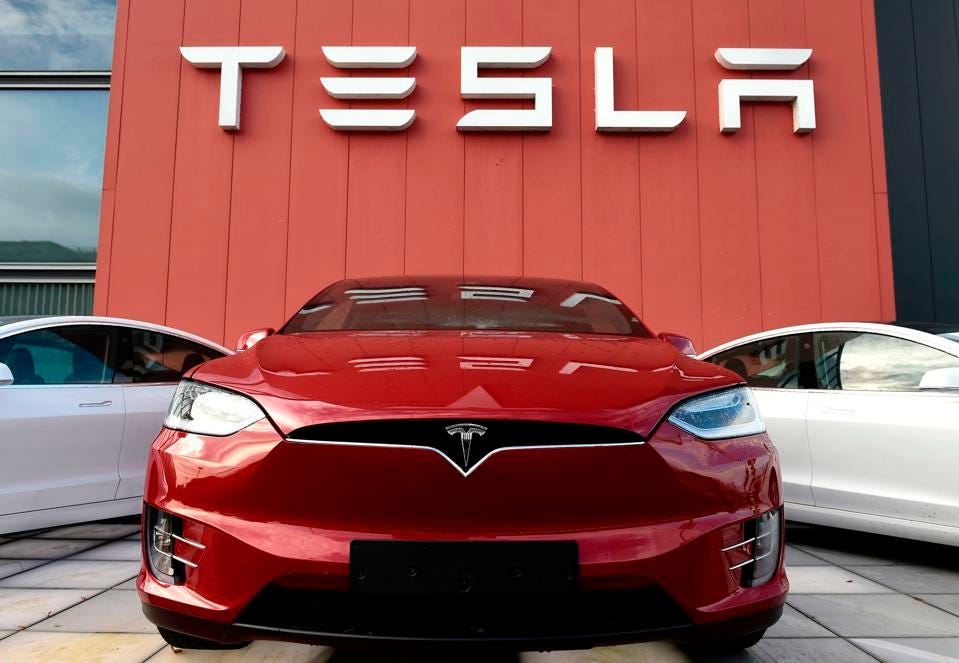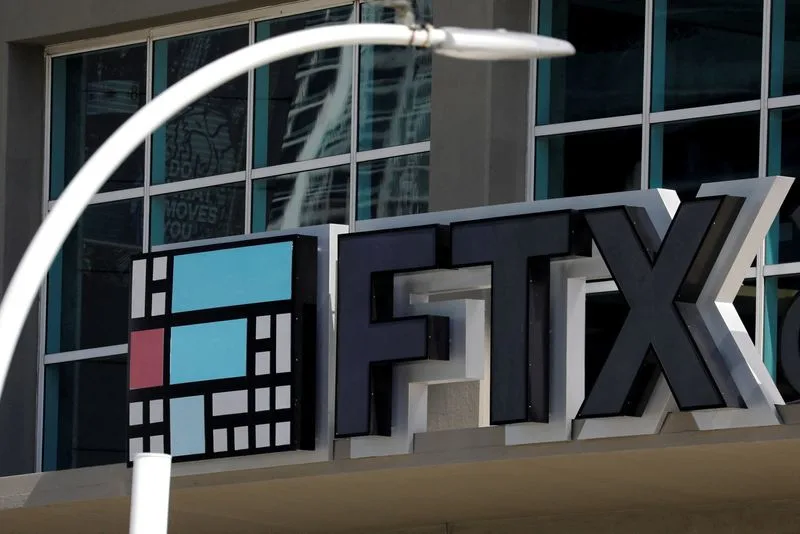Tesla has reduced pricing in China for the second time in less than three months, prompting predictions of a bigger price war as demand wanes in the largest auto market in the world.
A person with direct knowledge of the plan according to Aljazeera, said that the US automaker also reduced the price of its best-selling Model Y and Model 3 electric vehicles in Japan, South Korea, and Australia as part of an effort to boost demand for the output from its Shanghai factory, which serves as its main production hub.
Calculations by Reuters also showed that the most recent price cut in China, together with one in October and recent incentives for Chinese consumers, resulted in a 13 percent to 24 percent decrease in Tesla’s prices from September in its second-largest market after the United States.
Reuters calculated prices based on the website prices and found that Tesla reduced prices for all of its Model 3 and Model Y vehicles in China by between 6 and 13.5 percent. The Model 3’s starting price was decreased from 265,900 yuan ($38,661) to 229,900 yuan ($33,427).
Tesla’s vice president of external relations in China, Grace Tao, stated on Weibo that price reductions in China were a result of engineering innovation and a response to Beijing’s desire to promote economic growth and consumption.
In December, Tesla’s China-built vehicle deliveries fell to their lowest level in the previous five months. Additionally exporting automobiles to Europe is Tesla’s Shanghai facility, which was enlarged the previous year.
According to sales statistics from the research firm JATO Dynamics, sales in Europe increased by 93% in November year over year. The Model Y was the best-selling vehicle for the second consecutive year in 2022. However, there have been no signs of Tesla lowering costs there as of yet.
Additionally, Tesla saw a rise in its market share for battery electric vehicles in Europe, from 12.3 percent in November of last year to 18.9 percent in November.
Tesla enacted the price reductions days after Beijing stopped a subsidy scheme. Tesla and its competitors will, however, bear the majority of the cost of the change due to softening demand.
Tesla may need to do more, according to China Merchants Bank International, especially if rivalry from its Chinese rivals heats up.
“Tesla needs to further cut prices and expand its sales network in China’s lower-tier cities amid ageing models,” CMBI analyst Shi Ji said.
“We expect new EV [electric vehicle] production capacity in China to outpace new demand in 2023,” Shi added.






















